Yesterday marked the 13th day of a strike by thousands of trainee doctors at general hospitals across the country. The government said the plan would address a shortage of medical staff as South Korea has one of the lowest doctor-to-population ratios among developed countries.
Meanwhile, doctors fear the reform will reduce the quality of medical education and services, but proponents of the plan accuse doctors of trying to protect their salaries and social status.
'Overworked, not listened to' South Korean doctors go on strike
According to Yonhap, the crowd gathered in the Yeouido district of western Seoul yesterday, waving flags and holding banners protesting the quota of admissions without the consent of the medical profession. Before yesterday's protest, many articles appeared online claiming that some doctors were forcing pharmaceutical company sales staff to participate. The government said that such behavior could constitute illegal coercion and violate the Medical Services Act.
The South Korean presidential office announced on the same day that it would take a "zero tolerance" response to doctors who have been luring drug sellers to join the protest that is causing a crisis in the country's medical sector. The government has set a deadline of February 29 and threatened to take criminal action and revoke their practice licenses, but it seems to have been ineffective as only a few hundred have returned to work so far.
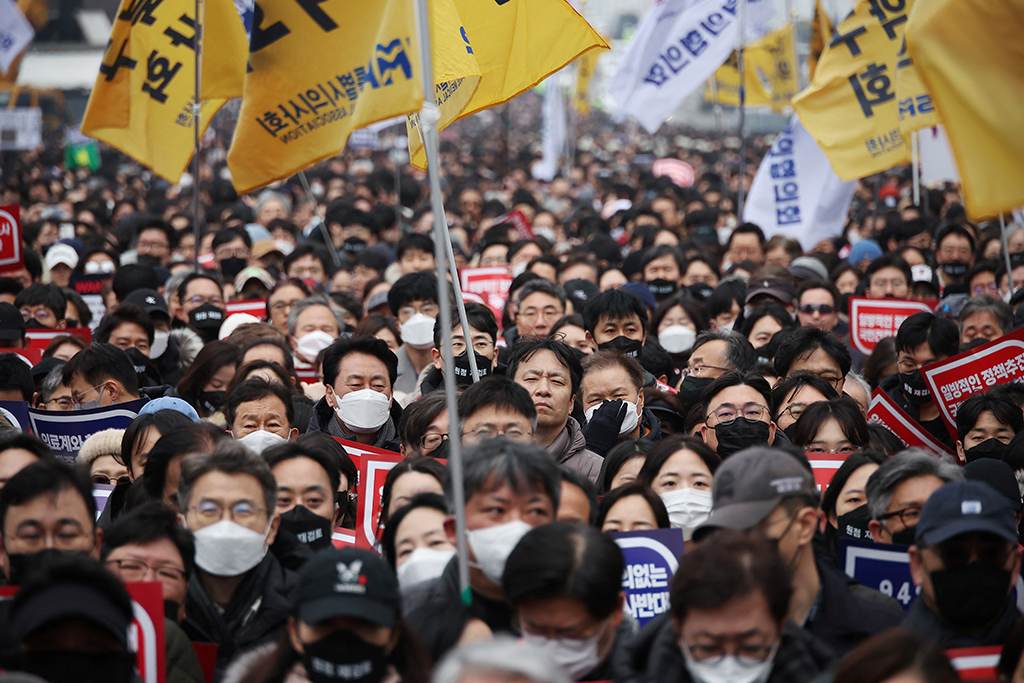
Doctors join the protest in Seoul on March 3.
Kim Taek-woo, head of the KMA's emergency committee, warned yesterday that the government would face public resistance "if it ignores the efforts of doctors and tries to suppress them." The doctors' strike has affected surgeries and emergency care at many hospitals.
"If the situation of illegal leave at medical facilities continues, the government will not hesitate to carry out its duties stipulated in the Constitution and laws," Prime Minister Han Duck-soo said at a meeting in Seoul.
Interior Minister Lee Sang-min tried to calm the situation by saying that trainee doctors would be given maximum leniency if they returned to work on March 3. Otherwise, the government had no choice but to “deal with them severely according to the law.” The minister stressed that increasing the enrollment target by 2,000 people a year was not a significant number due to the need to develop the biotechnology industry, which is expected to be a new growth engine for Korea, requiring a large workforce.
Source link





![[Photo] General Secretary To Lam and National Assembly Chairman Tran Thanh Man attend the 80th Anniversary of the Traditional Day of the Vietnamese Inspection Sector](https://vphoto.vietnam.vn/thumb/1200x675/vietnam/resource/IMAGE/2025/11/17/1763356362984_a2-bnd-7940-3561-jpg.webp)


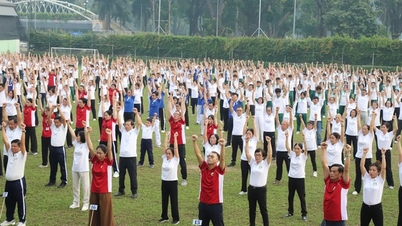



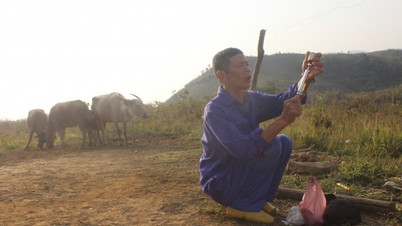

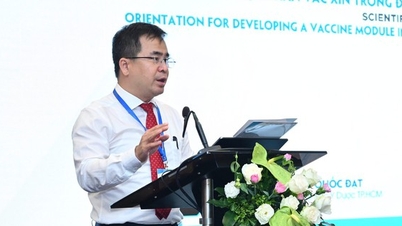
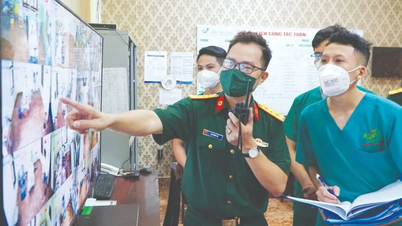








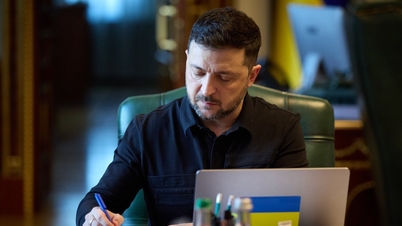




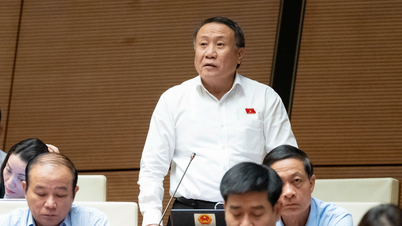



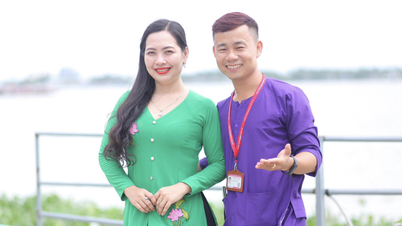
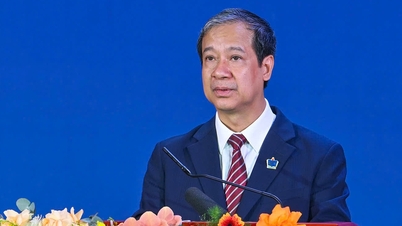






















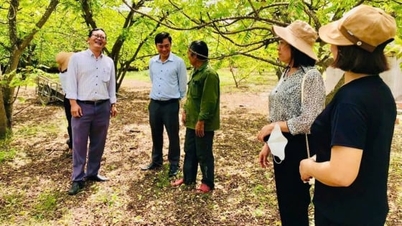


















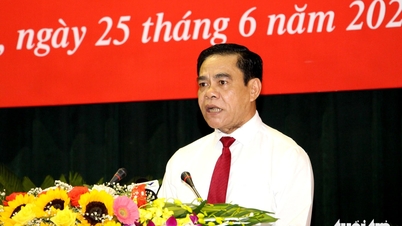
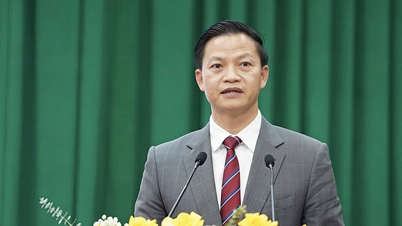





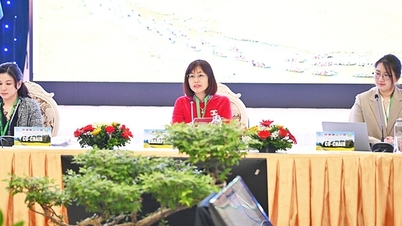
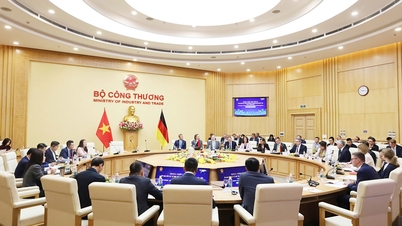




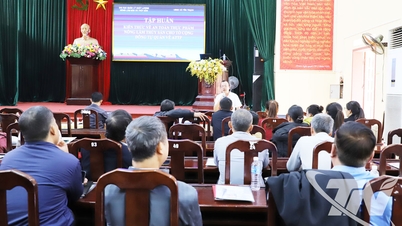




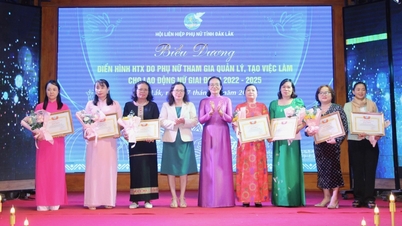













Comment (0)